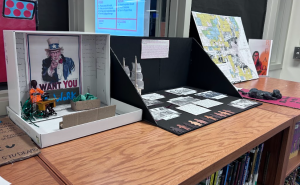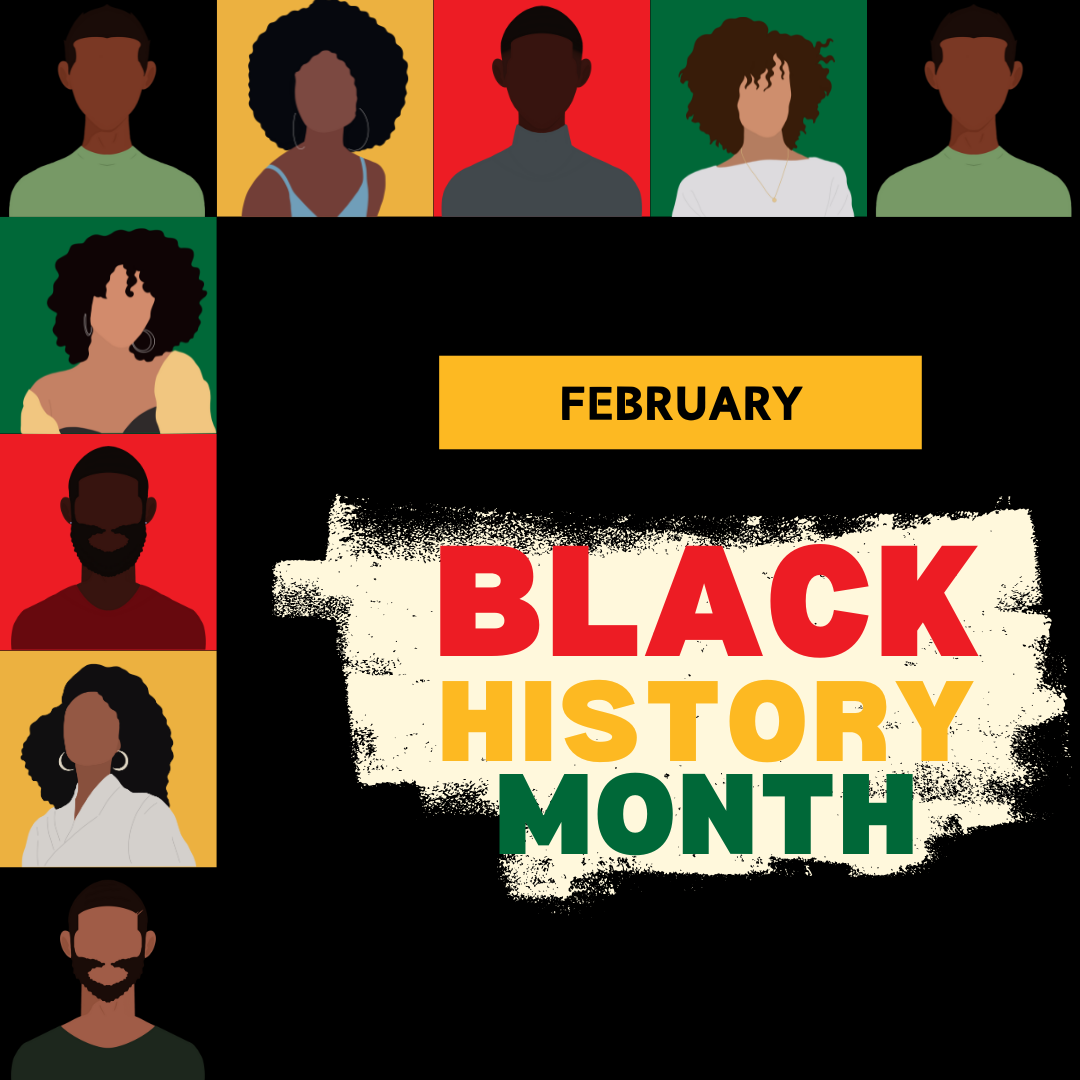It’s February: the month of love, winter air, and only 28 days. These things probably come to mind first, right? But what about the most important part of February? The celebration of Black history. Did that come to mind? For many, it might not. But maybe it’s not entirely your fault to blame. Maybe society is setting people up for failure when it comes to celebrating this fundamental aspect of history.
Throughout the month of February, schools nationwide pay hardly any regard to Black History Month. Many schools just spit out a random Black History Month fact once a day and call it good. The lack of focus could be because of limited curriculum time, concerns about sensitive topics, the fear of facing political pressures, or even a lack of comprehension about Black history. Most schools are typically required to follow strict, district wide policies that determine what they are allowed to teach students and fear the consequences of not following those guidelines. But then, what are schools teaching students if they’re disregarding such a large portion of history?
“I absolutely believe that schools should do more for Black History Month because it’s such an important month and I strongly believe that Black history is American history, and we need to constantly be learning about Black history to kind of right the wrongs of the past,” Lincoln East senior, Abena Bonsu, said. “And if we’re just going to turn a blind eye to Black history, then why are we even in school? What are you learning for, because you’re just skipping a whole part of history?”
Black history is American history. African Americans have lived in America since the 1500s, when they assisted the Spanish conquistadors in colonization. That seems to be around the same time that students begin learning about American history. And yet, no textbook mentions the African American explorers. Through slavery, the Civil War, Reconstruction, the World Wars, the Civil Rights Movement, and so much more, events and issues involving Blacks are intertwined in every aspect of American history. Therefore, it’s something that can’t and shouldn’t be denied to students.
Black history is not only important for history purposes, but also because most of the things that happened are still happening today. Slavery is viewed as something that hasn’t occurred for over a century, but mass incarceration embodies the same ideals and issues that America has been facing since the 1700s. Yes, Black history is graphic and heartbreaking, but it’s also necessary to understand in order to break barriers.

Lincoln East High School took a step in the right direction this year during Black History Month by having its AP African American Studies class create projects that highlight aspects of the Black experience. The thirteen students enrolled in the class were tasked with producing a 3D display of their choosing to highlight a topic that they believe gets “left out of the history books.” Some of the topics included redlining, the Harlem Renaissance, Ancient African Kingdoms, the rise of Black photography, and the continued separation of African American families, only to name a few. The diverse selection of topics shed light on aspects of Black history, culture, and ideals that many students at East hadn’t known beforehand. The projects were left on display throughout the entirety of February so that East students could continue to explore and learn from what the AP students created.
“I think the projects on display help to educate East students,” Michaela Schleicher, AP African American Studies teacher, said. “Each project shows a part of history that students might not necessarily know of, so we are helping to showcase other areas of history.”
With a whole month dedicated to understanding and celebrating Black history, schools should and must take advantage of the opportunity to teach their students in depth about some of the most foundational moments in history, and not just spit out random facts. History is messy, but it’s also vital to shaping future beliefs, institutions, and ways of life so that America is truly a country free of old mistakes.




